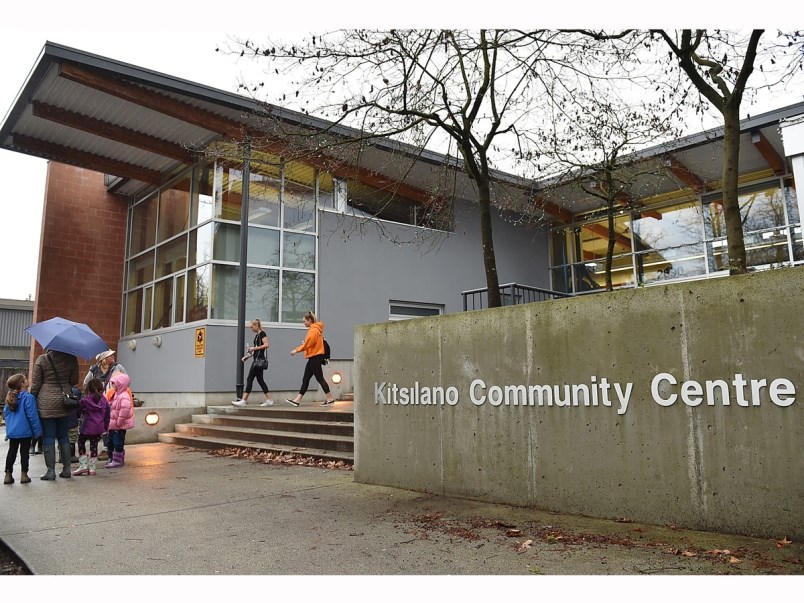Vancouver Park Board will look into making recreation more accessible for children in care and young adults aging out of care.
Vision commissioner Catherine Evans received unanimous support Monday night for her motion directing staff to look at strengthening access for children and teens in foster care, and for young adults aging out of care.
She said the idea for the motion came after she attended a Youth Matters meeting earlier this year. Youth Matters is a coalition of youth service workers that meet regularly.
“Their goal is to ensure that they’re providing wrap around services for kids and that they’re working with the same common goals so the kids don’t fall through the cracks,” Evans said, adding that a discussion at a meeting in April centred on kids in care and gangs.
“It was emphasized that it’s very important that when kids are growing up that… it’s not enough to say ‘Don’t do that,’ we have to say ‘Do this instead,’ give kids some choices.”
And while getting involved in sports and recreation doesn’t work for all kids, it does help some.
“It provides them with an activity that they enjoy and a place to be and belong, a sense of achievement and that can carry them a long way,” Evans said.
While children, teens and young adults in the foster care system do have access to the city’s Leisure Access Program, which allows qualifying low-income residents to receive a discounted rate on basic recreation programs and services at park board facilities, someone has to apply for it on their behalf.
Evans said that she has spoken to staff in the office of the provincial representative for children and youth and the potential is there to ensure that all kids that come into the foster care system in Vancouver could have access to the program.
She said another issue is young adults aging out of care once they turn 19.
“In the City of Vancouver we have roughly 80 to 100 kids age out of care every year and the provincial government and others are looking at ways that the state can be a better parent to those children,” Evans said.
“We all play a role in that and I’d like our staff to look at a way that we can facilitate continuing recreation involvement for children that are aging out of care when that is something that is making a difference in their life.”
Evans’ motion received support from all commissioners around the table.
“It’s very important that kids who are in care and aging out of care have a safe place to be, that they have responsible role models to guide them as they transition through their lives and I look forward to our staff coming back with recommendations on how we at the park board can assist this,” said park board chair and Green party commissioner Stuart Mackinnon.
In recent weeks the provincial government has announced several measures aimed at children in care and/or young adults aging out of care, including additional support for those going on to post-secondary studies to help them afford expenses outside the classroom, more funding for the Take the Wheel driver training program, and life and employability skills training, as well as additional money for a website that provides resources for young people transitioning out of care.
The announcements made earlier this month came following a report from the BC Coroners Service review of 200 deaths of young adults transitioning out of government care between 2011 and 2016.
The review found a number of issues — a lack of documented transition planning, high rates of suicide and overdose deaths, high rates of health and mental health issues, lower “completion of educational attainment,” and barriers, both personal and systemic, to successful transition to independence.
A death review panel identified four areas to focus on to reduce the number of kids dying as they make the transition out of care: extending service supports based on a young person’s needs, improved communication between service providers with the goal of improving engagement of young people, engagement with young adults in service planning and policy development, and monitoring outcomes and using any findings to support service planning and policy changes.



